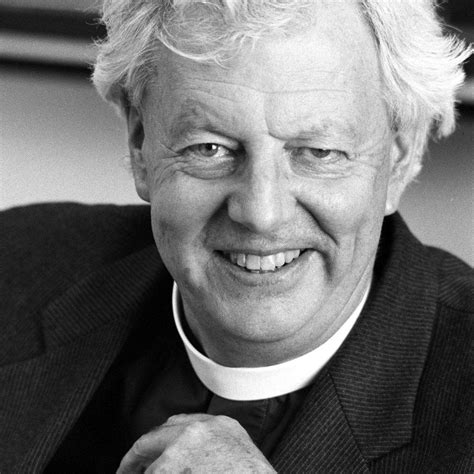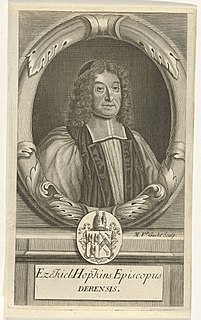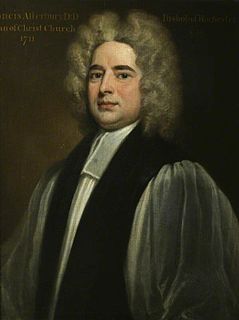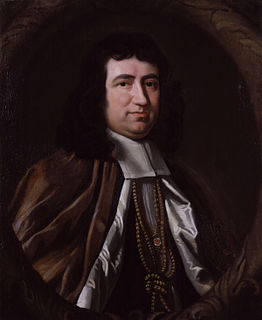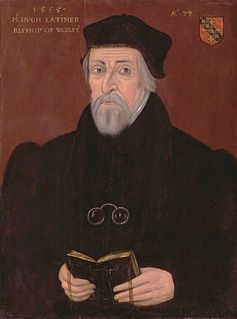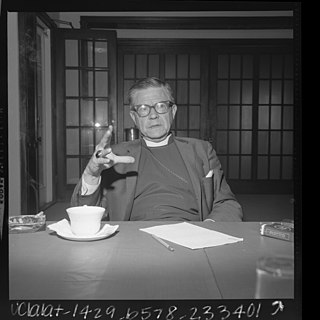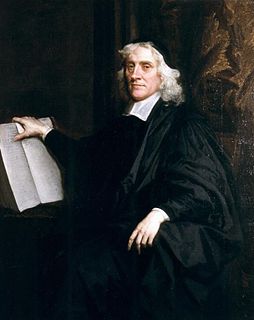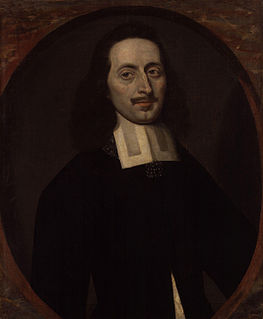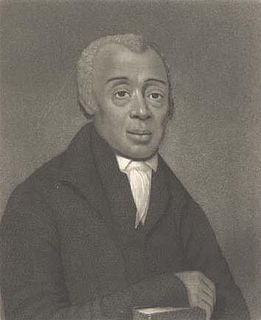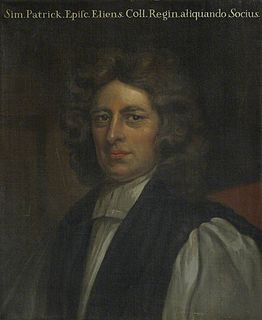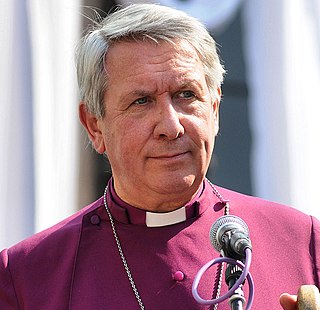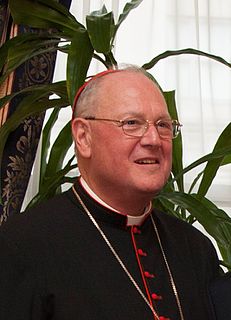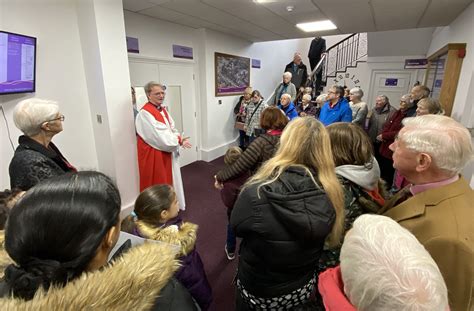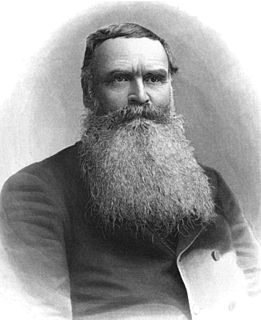Top 24 Quotes & Sayings by Lancelot Andrewes
Explore popular quotes and sayings by an English bishop Lancelot Andrewes.
Last updated on December 21, 2024.
Let us pray for the Catholic Church; for the Churches throughout the whole world; that is, for their truth, unity, and stability; that in all charity may flourish, and truth may live. For our own Church, that what is lacking in it may be supplied; what is unsound, corrected; that all Heresies, Schisms, Scandals, as well public as private, may be removed. Correct the wandering, convert the unbelieving, increase the faith of the Church, destroy Heresies, discover the crafty enemies, crush the violent.
I am ever Thine. If Thou cast me out, who shall take me in? If Thou disregard me, who shall look on me? More canst Thou remit, than I commit; more canst Thou spare, than I offend. Let not hurtful pleasures overcome me; at the least let not any perverse habit overwhelm me; From evil and unlawful desires; From vain, hurtful, impure imaginations; from the illusions of evil spirits; from pollutions of soul and of body; Good Lord, deliver me.
FAITH Coming unto God, I believe that He is, and that He is a rewarder of them that diligently seek Him: I know that my Redeemer liveth; that He is the Christ the Son of the Living God; that He is indeed the Saviour of the world; that He came into the world to save sinners, of whom I am chief. Through the grace of Jesus Christ we believe that we shall be saved even as our fathers withal. I believe verily to see the goodness of the Lord in the land of the living.
Behold, O Lord, that I am indignant with myself, for my senseless, profitless, hurtful, perilous passions; that I loathe myself, for these inordinate, unseemly, deformed, false, shameful, disgraceful passions; that my confusion is daily before me, and the shame of my face hath covered me. Alas! woe, woe! O me, how long?
It is good reason, that man consisting of two parts, the soul and body, the body only should not take up all, but the soul should be remembered too. Enjoying is the body's part, and well-doing is the soul's; your souls are suitors to you to remember them, that is, to remember well-doing, which is the soul's portion.
COMMEMORATION Blessed art Thou, O Lord who didst bring forth of water moving creatures that have life, and whales, and winged fowls: and didst bless them, so as to increase and multiply. The things concerning the Ascension: Set up Thyself, O God, above the heavens and Thy glory above all the earth. By thine Ascension draw us withal unto Thee, O Lord, so as to set our affections on things above, and not on things on the earth. By the awful mystery of Thy Holy Body and Precious Blood in the evening of this day: Lord, have mercy.


